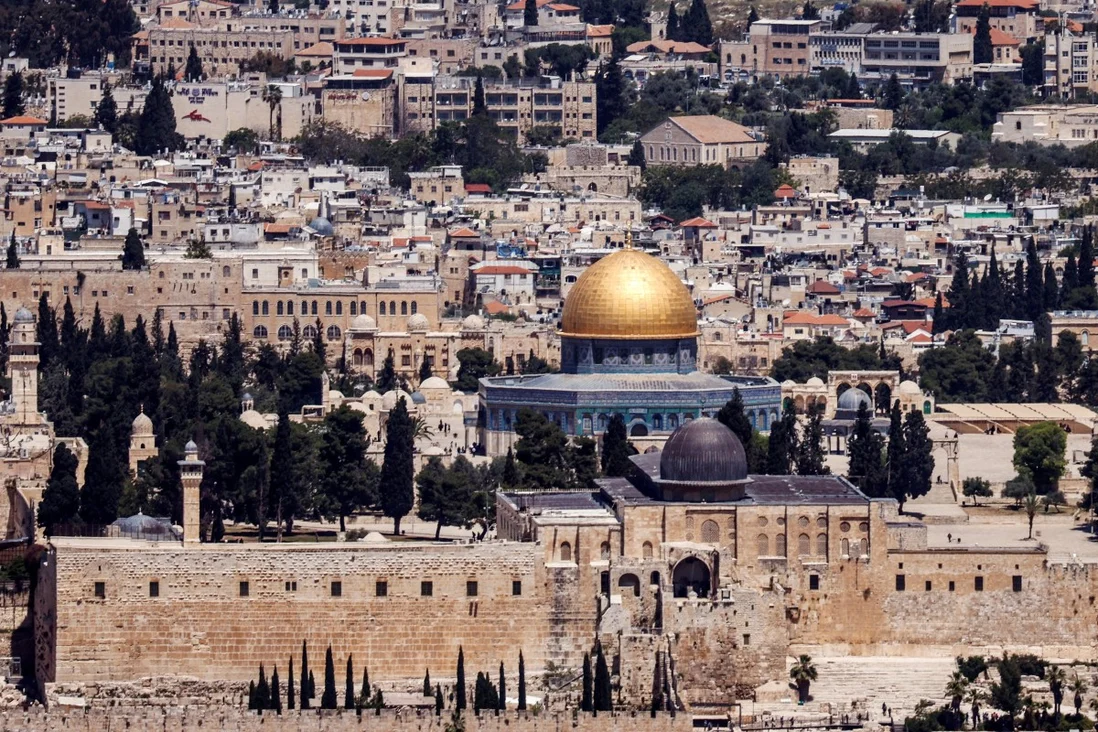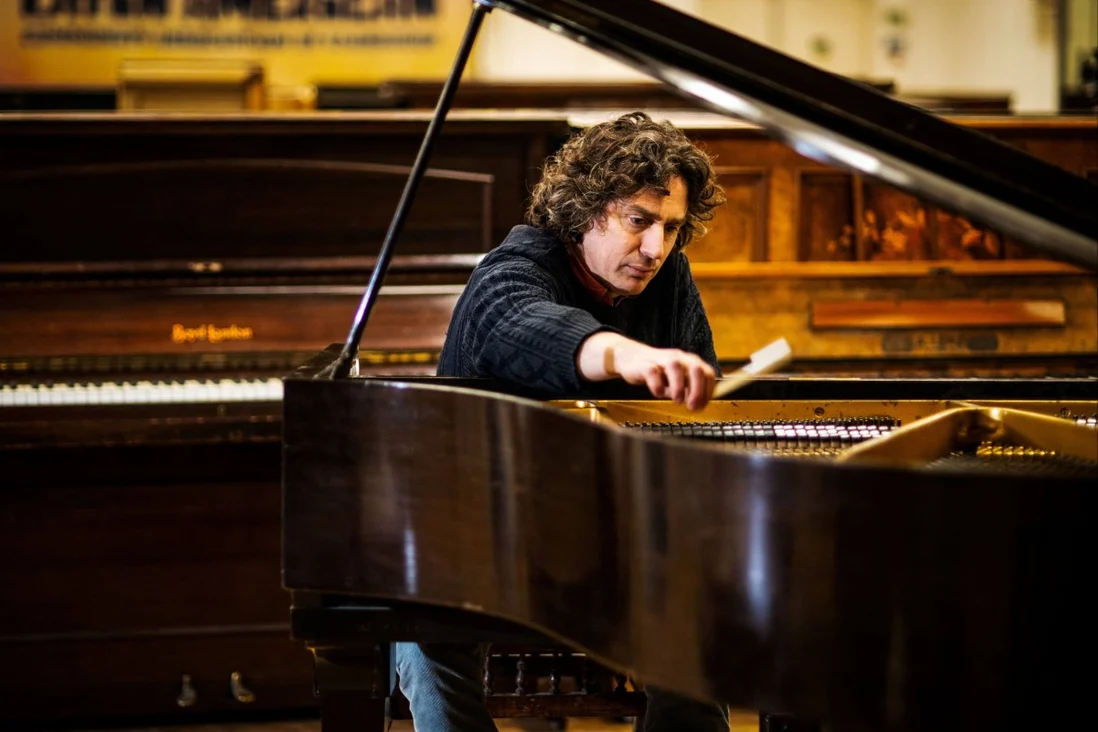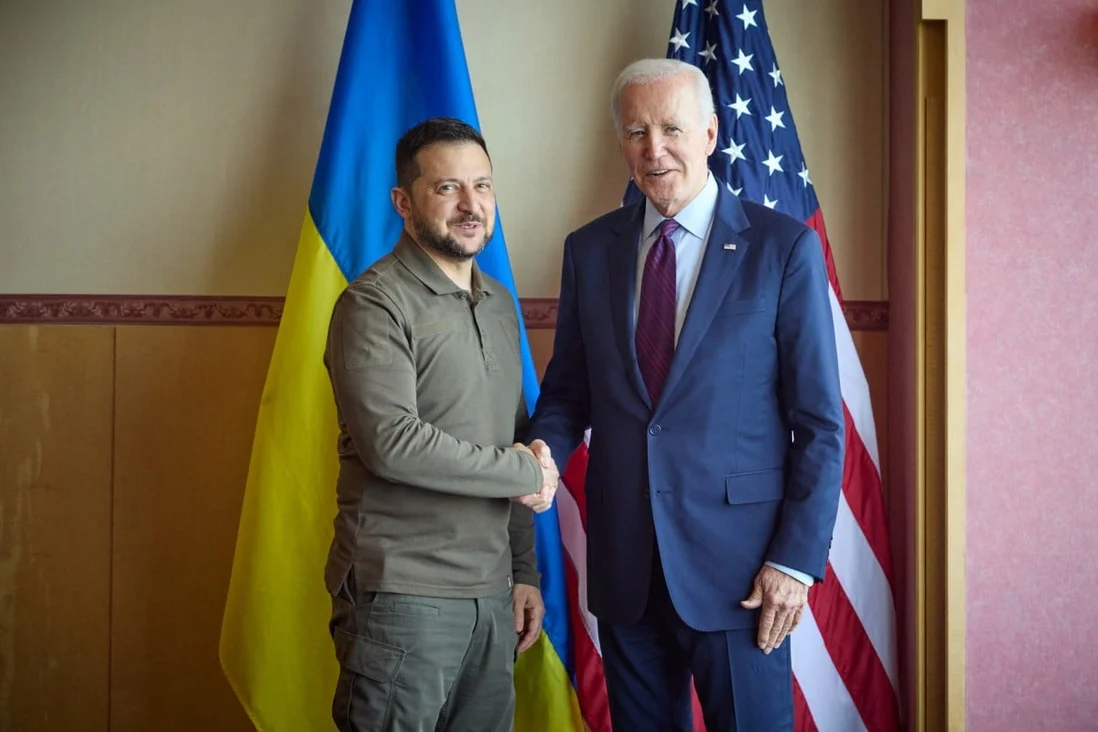Israeli cabinet minister visits Jerusalem’s sensitive holy site amid Palestinian tensions
- National Security Minister Atmar bin Goyer’s visit to the Temple Mount comes days after Israelis celebrated Jerusalem Day, which celebrates Israel’s annexation of East Jerusalem in 1967.
- The hilltop is the holiest site in Judaism and houses the Al-Aqsa Mosque, which Palestinians consider a national symbol and consider such visits provocative.
An extremist Israeli cabinet minister visited a sensitive holy site in Jerusalem on Sunday as tensions with the Palestinians escalated.
This is the second visit by National Security Minister Ammar bin Goyer after becoming a member of Israel’s most right-leaning government, which is likely to be condemned by palestinians and other countries of the Muslim world.
In a statement after the visit, Bin Goyer said: “I am delighted to be coming to Mount Temple, which is the most important place for the Israeli people. He praised the presence of police at the scene, saying it proves who is in charge of Jerusalem.

The visit comes days after Israelis celebrated Al-Quds Day, celebrating Israel’s occupation of East Jerusalem in the 1967 Middle East war. Flag-waving nationalists marched along the palestinian main street in Jerusalem’s Old City, some chanting racist anti-Arab slogans, while hundreds of Jews visited the shrine on top of the sensitive hill.
The hilltop site is the holiest in Judaism, known to Jews as the Temple Mount and home to ancient biblical temples. Today it houses the Al-Aqsa Mosque, the third holiest site in Islam. Since Israel’s occupation of the site in 1967, Jews have been allowed to go there, but they cannot pray there.
Ben-Goer, with a growing movement of activists, has long been demanding greater Jewish access to the holy site.
Palestinians view the mosque as a national symbol and view such visits as provocative and a possible precursor to Israel’s annexation of the compound. Most rabbis forbid Jews from praying at the site, but in recent years there has been an increase in a movement of Jews who support worship there.
Jordan called Ben-Guerre’s actions a “provocative move” and a “dangerous and unacceptable escalation”.
”This is a clear and unacceptable violation of international law and the historical and legal status of Jerusalem and its holy sites,” Foreign Ministry spokesman Sinan Majali said.

Tensions in the disputed compound have fuelled an era of violence in the past. A visit by then-opposition leader Ariel Sharon in September 2000 helped provoke clashes that became Palestine’s second uprising. Clashes between Israeli security forces and Palestinian protesters in and around the site sparked the 11-day war with Hamas in 2021.
Israel captured the rest of East Jerusalem, the West Bank and the Gaza Strip, as well as the Old City of Jerusalem, in the 1967 Middle East War. Palestinians want these areas for a future independent state with East Jerusalem as its capital. Israel has annexed East Jerusalem as a measure not recognised by most of the international community and considers the city its undivided and eternal capital.
Violence between Israel and the Palestinians has escalated in the West Bank last year, with Israel conducting nearnight raids in response to Palestinian attacks.
More than 250 Palestinians have been killed by Israeli fire since the spring of 2022. About 50 people have been killed in Palestinian attacks against Israelis.
Israel says most of those killed were Palestinian militants, but stone-pelting youths protesting against the incursion and those not involved in the clashes have also been killed.
Earlier this month, fighting broke out between Israel and militants in the Gaza Strip. Israeli strikes killed 33 people, mostly militants but also women and children, while two people will be killed in rocket attacks by militants in Israel.



